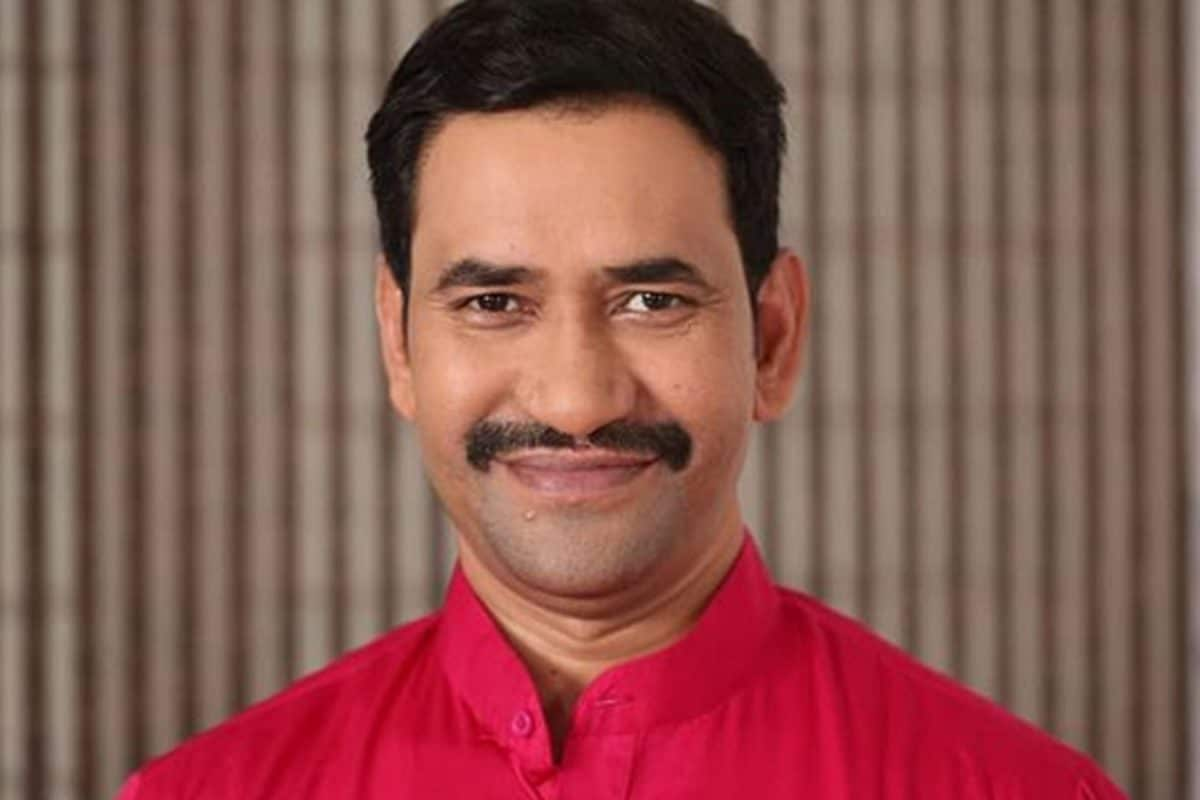

Amidst growing tensions surrounding linguistic identity in Maharashtra, Bhojpuri actor and Bharatiya Janata Party (BJP) Member of Parliament, Dinesh Lal Yadav, popularly known as Nirahua, has strongly reacted to the ongoing Marathi language row. He has challenged those advocating for the mandatory proficiency of the Marathi language in the state.
Nirahua, speaking from Varanasi, Uttar Pradesh, asserted India's strength lies in its diverse languages and cultures, adding that such language imposition should not be allowed anywhere in the country. He framed the situation as "dirty politics" and called for a more unifying approach.
In an open challenge, Nirahua dared anyone to remove him from Maharashtra for not speaking Marathi. He stated firmly that despite residing in Maharashtra, he does not speak Marathi and openly challenged any leader to try and expel him from the state. "If you have the guts, try and remove me from Maharashtra. I don't speak in Marathi and I live here," he said.
Nirahua criticized the divisive politics surrounding the issue, urging unity instead of language imposition. He emphasized that India is known for its diverse languages and cultures, which contribute to its unity. He believes that those engaging in divisive language politics should refrain from doing so.
The statement from Nirahua comes amid increasing unrest in Maharashtra related to the Hindi-Marathi conflict. There have been instances of political volunteers creating disturbances in Mumbai, including slapping people and vandalizing property, for refusing to speak in Marathi.
Nirahua's challenge has been viewed as a direct response to these incidents and to leaders like Raj Thackeray, who have been advocating for Marathi language pride. He believes that the imposition of a single language is harmful to the nation's unity.
The Bhojpuri star and politician's remarks have sparked varied reactions, with some supporting his stance on linguistic diversity and others criticizing his defiance of Marathi language norms. Some view his comments as a bold statement against linguistic chauvinism, while others see it as disrespectful to the local language and culture of Maharashtra.